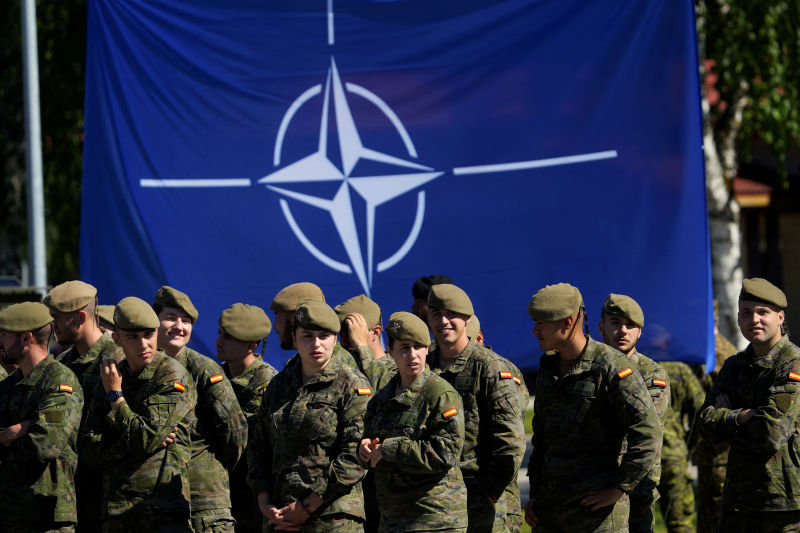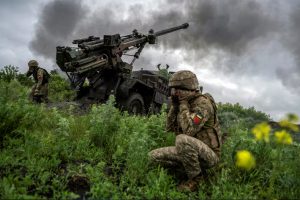Leaders from the Group of Seven (G7) rich democracies and the NATO alliance plan to emphasise continued concerns about China’s economic and military aggression by including four key Asia-Pacific allies in talks, senior US officials said.
G7 leaders will meet in southern Germany before Madrid hosts a NATO summit expected to announce plans to expand forces in eastern Europe.
Leaders from Australia, Japan, South Korea and New Zealand will join the NATO nations as a warning to Beijing that the war in Ukraine has not detracted from Western nations’ focus on China, the officials said.
A new strategic concept to be endorsed by NATO leaders when they meet in Madrid on June 29-30 will address threats posed by Russia, and for the first time, China, the officials said.
G7 leaders, meeting at an alpine castle an hour south of Munich on June 26-28, are also expected to address China’s “coercive economic practices“, one US official said.
“Russia’s war against Ukraine has galvanised our partnerships around the world,” a second official said. “It’s also showing how Ukraine is not causing us to take our eye off the ball on China. In fact, quite the opposite.”
New Infrastructure Initiative
G7 leaders will launch a new infrastructure initiative aimed at offering low- and middle-income countries high-quality, transparent investment alternatives, officials said.
That is a clear reference to China’s Belt and Road project, which has been criticised for opaque contracts and onerous loan terms.
Germany, which leads the G7 this year, has also invited Argentina, India, Indonesia, Senegal and South Africa to participate in select sessions at the summit.
“Leaders will also advance a vision of the world grounded in freedom and openness – not coercion, not aggression, not spheres of influence. They will strengthen our cooperation on economic issues, cyberspace and quantum, and in particular, the challenges posed by China,” one of the officials added.
- Reuters, with additional editing by George Russell
READ MORE:
China Slams AUKUS Hypersonic Missile Pact as Asian NATO
G7 adopts global infrastructure plan in riposte to China
Russia-Ukraine War Causes ‘Once in a Generation’ Food Crisis
























